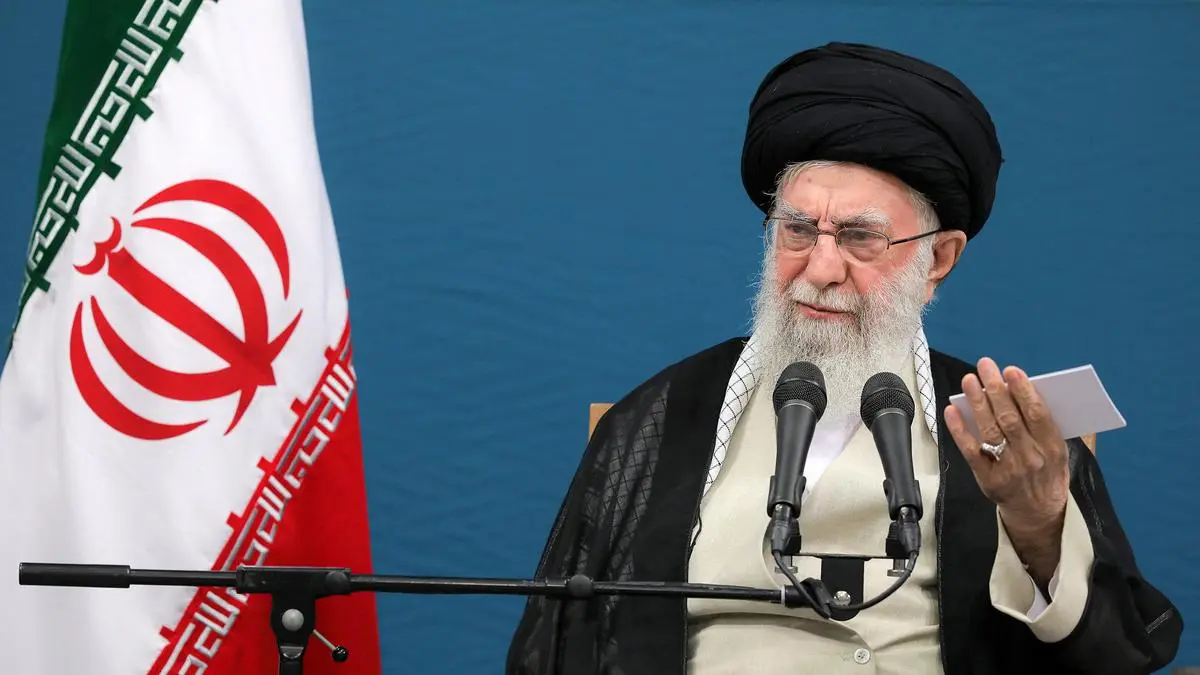India’s Ministry of External Affairs (MEA) has issued a strong rebuke to Iran’s Supreme Leader Ayatollah Ali Khamenei following his recent comments about the condition of Muslims in India. The diplomatic spat has highlighted tensions between the two nations and raised questions about religious freedom and international relations.
On Monday, Ayatollah Khamenei made a statement that grouped India with Gaza and Myanmar as places where Muslims are suffering. This comment prompted a swift and firm response from the Indian government, which described the remarks as “misinformed” and “unacceptable.”
The MEA’s statement read, “We strongly deplore the comments made regarding minorities in India by the Supreme Leader of Iran. These are misinformed and unacceptable. Countries commenting on minorities are advised to look at their own record before making any observations about others.”
This diplomatic exchange underscores the sensitive nature of religious issues in international relations, particularly in a diverse country like India. The Indian government has consistently maintained that it upholds the rights of all religious minorities, including Muslims, who make up a significant portion of the country’s population.
Ayatollah Khamenei’s statement suggested that the Islamic world should not be “oblivious to the suffering that a Muslim is enduring in Myanmar, Gaza and India.” This comment has been viewed by many as an attempt to draw attention to the perceived plight of Muslims in these regions.
However, India’s strong response indicates that it views such statements as unwarranted interference in its internal affairs. The MEA’s advice for countries to examine their own records before commenting on others can be seen as a diplomatic counter-punch, hinting at potential issues within Iran itself.
This incident highlights the complex dynamics of India’s relationships with countries in the Middle East. While India has been working to strengthen its ties with many nations in the region, including Iran, for economic and strategic reasons, such statements can create diplomatic hurdles.
The controversy also brings to the forefront the ongoing global discussions about religious freedom and minority rights. India, as the world’s largest democracy, often finds itself under scrutiny regarding these issues, given its diverse religious landscape.
As this situation develops, it will be interesting to see how both nations navigate this diplomatic tension. The incident serves as a reminder of the delicate balance required in international relations, especially when dealing with sensitive topics like religious rights and minority welfare.

